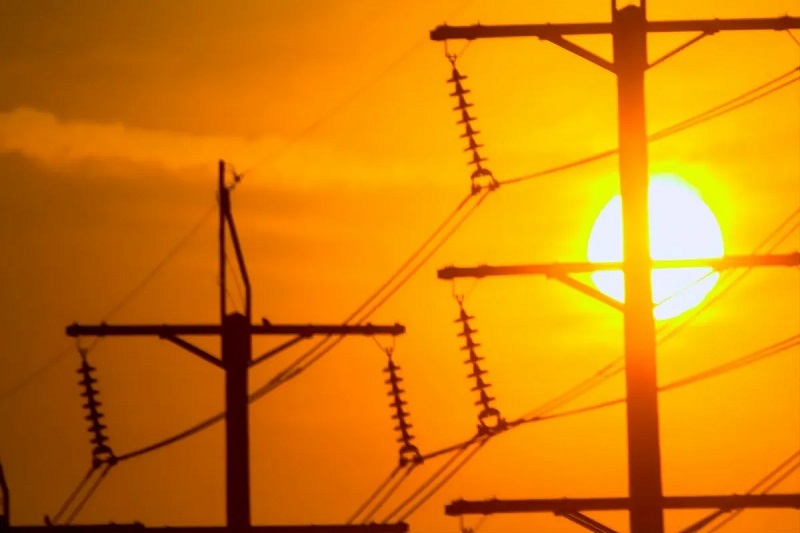Record-breaking heatwave in Malawi
Malawi witnesses an unprecedented heatwave, with temperatures reaching almost twice the seasonal average. The extreme heatwave began on Thursday, prompting authorities to issue advisories, evacuate school buildings, and adjust schedules.
Advisories and safety measures
As the heatwave commenced, authorities advised people to take precautions such as staying out of direct sunlight, staying well-hydrated, and avoiding alcohol and caffeine consumption. In the southern part of the country, children were instructed to gather under the shade of playground trees.
Extreme Temperature Peaks
Some regions in Malawi recorded temperatures as high as 43 degrees Celsius (109 degrees Fahrenheit) on Saturday, a significant departure from the usual 25 degrees Celsius (77 degrees Fahrenheit) for the season. Although temperatures had slightly decreased by Monday, the Department of Climate Change and Meteorological Services had issued prior warnings of an “extended period of hot and uncomfortable weather” throughout October.
Adjustments in Sporting Events
Malawi’s Super League took measures to address the extreme heat, delaying the kickoff of football matches by 30 minutes to avoid peak heat hours. Players were encouraged to take regular breaks for hydration during the games.
Keep Reading
Climate Change Implications
Climate experts attribute the severe weather to climate change, noting that 2023 has seen record-breaking global temperatures. The effects are noticeable in Malawi, where the environment has been experiencing extremely high temperatures.
Impact on Education and Daily Life
The relentless heat has affected educational institutions like Jombo Community High School in Chikwawa district, where students have faced discomfort due to extreme temperatures. Classes have continued despite the challenging conditions.
Health Warnings and Precautions
People across the country have heeded advice from the weather bureau, consuming plenty of water throughout the day, even if they don’t feel thirsty. The bureau also cautioned against alcohol and caffeine consumption, both of which can contribute to dehydration. Wearing appropriate clothing and sun protection is recommended.
Health Risks for Vulnerable Groups
The extreme heat poses substantial health risks to vulnerable populations, including the elderly, small children, and individuals with preexisting medical conditions, even though there haven’t been reports of increased fatalities or hospital admissions.

